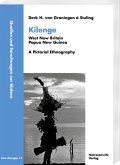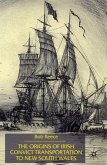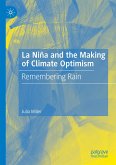The double canoe constituted the backbone of Polynesian culture, since it enabled the Polynesians to enter and conquer the Pacific. In Tonga, a center of Polynesian navigation, two types were known: the tongiaki and the kalia. Contrary to most contributions, the author argues that the Tongans were not only the Western Pacific masters of navigation, but also of canoe designing. Typical of Polynesian canoes was the sewing technique which can be traced back to ancient India but was also practiced in Pharanoic Egypt and southern Europe. The legend of the magnetic mountain is to be viewed in this context. Oceanic navigation, which declined during the 19th century, had developed its own means of orientation at sea, including astronomy and meteorology.








